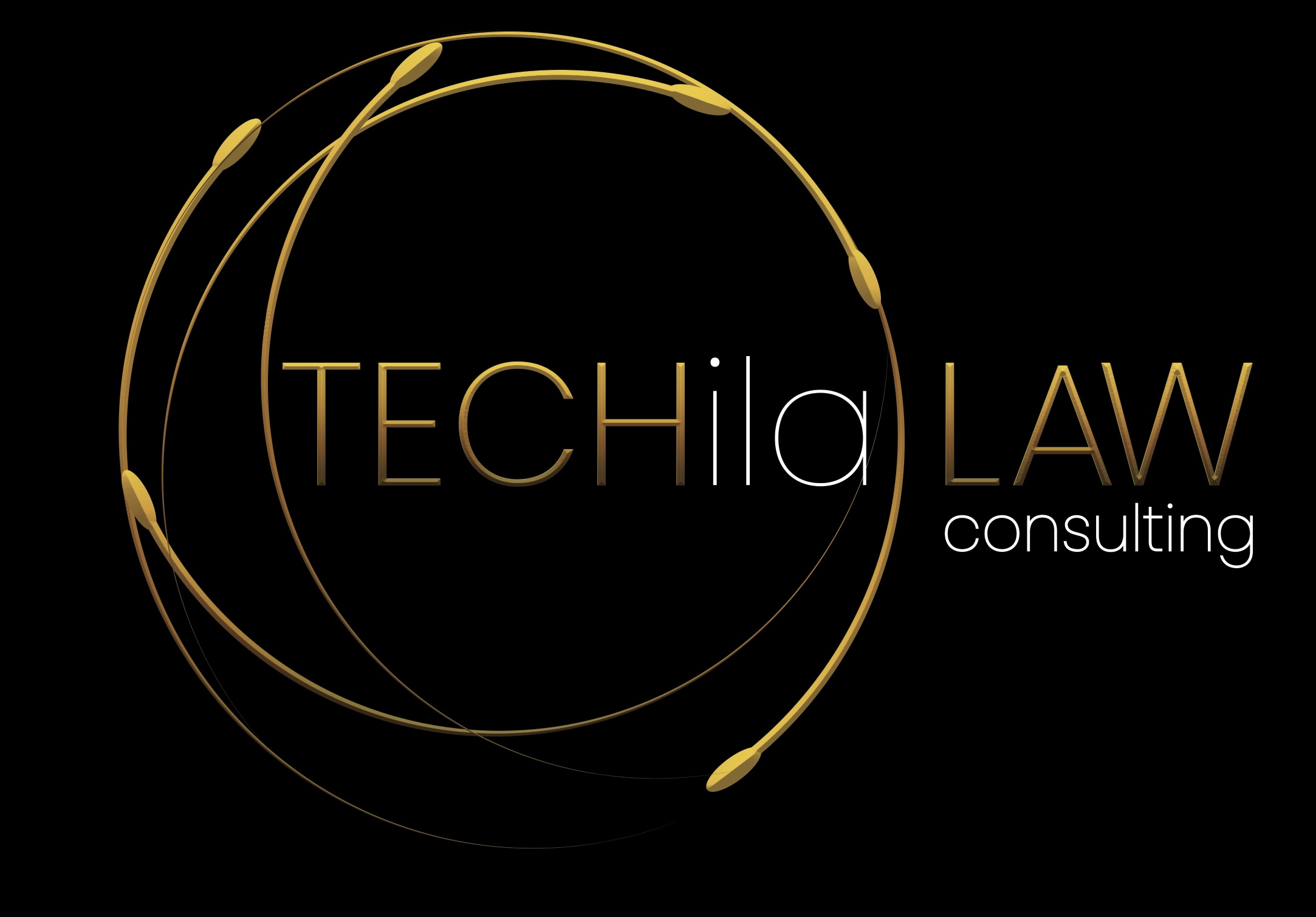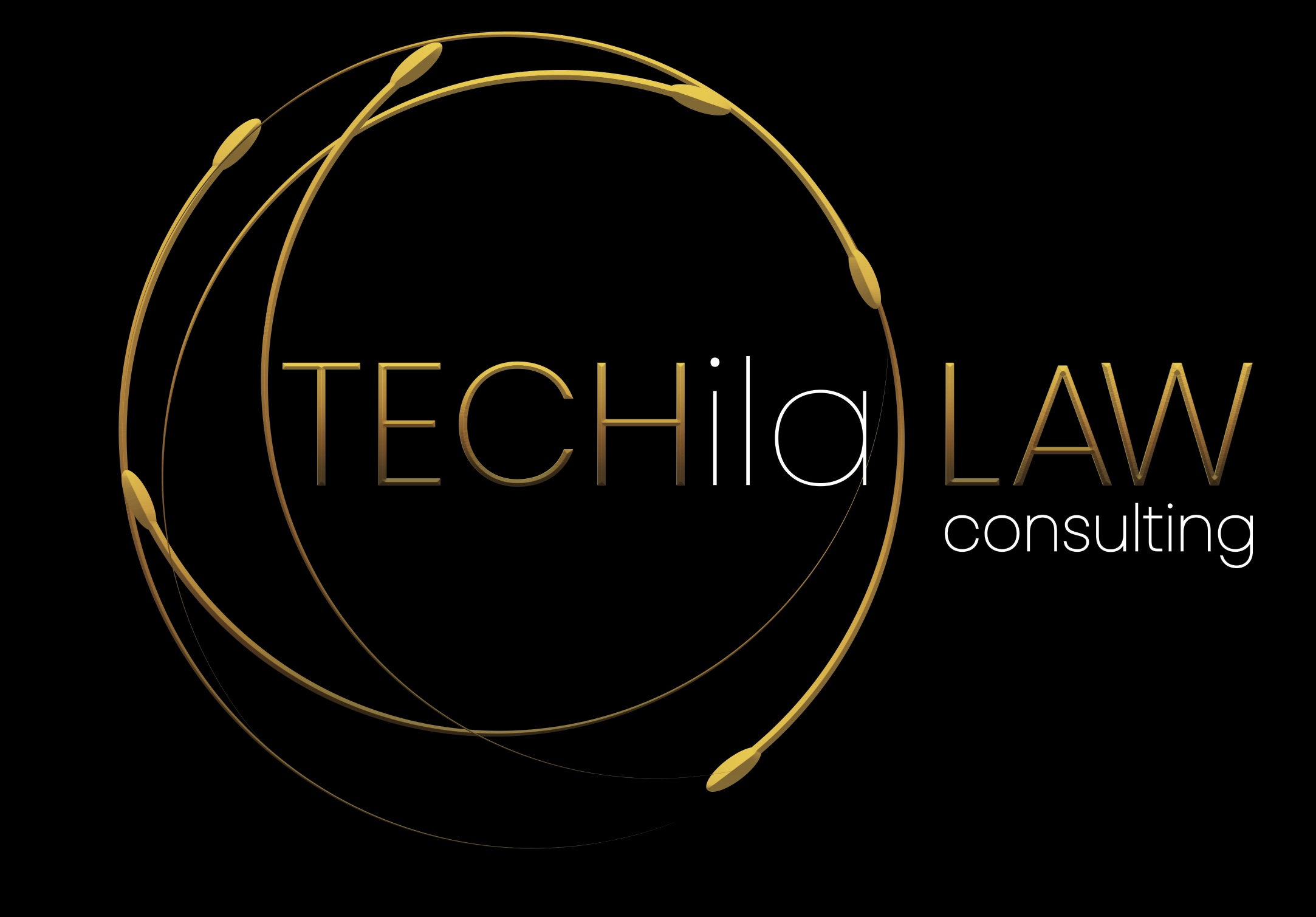Introduction
In this short essay, I consider what decolonial methodologies and Ubuntu can offer in terms of new perspectives and insights for the governance of intelligent emerging technologies like Artificial Intelligence (Ai). Decoloniality challenges the dominance of Eurocentric knowledge systems shaped by colonialism and calls for a multiplicity of knowledge systems, while Ubuntu (an African philosophy) highlights the interconnectedness of humanity and collective well-being. A combination of these frameworks presents a unique broadening and deepening of our benchmarks for identifying and responding to harm, well beyond the confines of human rights violations. I begin by understanding coloniality and decoloniality, next I briefly survey Ubuntu before I ponder different ways these frameworks can benefit the current efforts to develop a governance framework for Ai.
Understanding the decolonial methodology
To understand the decolonial methodologies in the proposed context, we must first understand colonialism, coloniality, and decoloniality to establish the baseline of the discussion. Western or European colonialism refers to the historical period when European powers, primarily from Western Europe, established and maintained colonies in various parts of the world – “third world countries” or the global South – including in South Africa where I was born and received my education in a “post” apartheid society. Colonisation was driven by imperialistic ambitions for conquest, economic interests, and the desire for political and cultural dominance and superiority. It involved the subjugation, devaluation, suppression, and even criminalisation of non-western epistemologies, ontologies, and methodologies.[1]
We know that colonisation was not just about control of land and resources, it was aimed at ontological, epistemic and methodological domination. As such, colonialism continues to have a profound impact on knowledge systems and traditions across the globe. Today we rely predominantly on Western legal theories, concepts, and methodologies, even in “post” colonial legal systems, with non-Western ways of understanding law and justice still being displaced.[2]
Decoloniality, on the other hand, is a response to the ongoing impacts of colonization; it refers to a theoretical and practical framework that seeks to deconstruct and challenge the Eurocentric worldview that underpinned colonialism and its associated systems of domination, oppression, and exploitation. Decoloniality recognises the intersection between coloniality, capitalism, racism, and other systems of oppression, and is aimed at alternative futures that are based on principles of justice, equity, and self-determination. It acknowledges that colonisation didn’t only involve the physical occupation and control of territories, but also exerted and continues to exert significant influence on systems of thinking, knowing, and being.[3]
In the context of legal discourse, decoloniality recognizes that traditional legal scholarship and methodologies continue to be shaped by colonial ideologies, power dynamics, and epistemologies that privilege Western knowledge systems, while insisting on their universal nature. As a methodology, the decoloniality aims to disrupt this, including by centering marginalized systems of knowing, of doing and being, challenging Eurocentric notions of legal knowledge and authority, and re-examining the foundations of legal scholarship – through critical interrogation of the underlying assumptions, biases, and power structures within legal doctrine, research and practice.
One way to do this work, I propose, is through the recognition of multiple knowledge systems and traditions that exist alongside the dominant European framework and worldview. Here, the principle of Ubuntu comes to mind.
Ubuntu – I am because you are
Ubuntu, originating in various African cultures, particularly in southern Africa, is a philosophy and ethical concept that emphasizes the interconnectedness of humanity and the importance of communal harmony. Although eclipsed by centuries of Western epistemic, ontological, and methodological domination, it continues to be widely embraced as a guiding principle for social relations, ethics, and governance in some African communities.[4]
At its core, Ubuntu recognizes that individuals exist within a web of relations and that their well-being is intertwined with the well-being of others, not just human, but also our ecological system. In Sesotho, my mother tongue, it translates to motho ke motho ka batho.[5] I am because you are. It offers an alternative ontology of interconnectedness and interdependence of all beings (natural life and earth included),[6] and challenges individualistic and atomistic views of being. Ubuntu rejects the notion of a self-contained, isolated individual, it challenges this dualistic and hierarchical framework from Euro-Western tradition, which now are seen globally as “universal.”[7] Instead, Ubuntu recognizes that our existence is shaped and sustained through our relationships with others and the broader community, while prioritising collective well-being.
Recently my mind has been curious about what the combination of decolonial methodologies and Ubuntu can offer us, specifically in the context of developing legal governance systems for intelligent emerging technologies such as Artificial Intelligence (Ai) – the subject of my doctoral research. For instance, in Western epistemology, knowledge is often understood as objective, detached, and rooted in individual rationality. Ubuntu, on the other hand, emphasizes the communal nature of knowledge (and data?) and the importance of lived experiences, and collective wisdom. What can this perspective offer us in the context of Big Data analytics and the corresponding data protection frameworks whose view of data is limited to individual parameters and implications (personal data)? What would it mean to have Ai programmed towards our collective human challenges, rather than for individual profit?
Analysis and Reflections
We know that the discourse on Ai and other emerging technologies lacks epistemic diversity. The overwhelming majority of the research and jurisprudence on Ai is produced from the Western world (epistemically and geographically).[8] This power imbalance remains largly unacknowledged and unchallenged. Further, we also know that Ai technology is already exposing some underpinning colonial logics, specifically in reported incidents of continued discrimination against social groups oppressed originally under colonisation, like black and brown people.[9] Below I think through some of the opportunities a new broader perspective can offer.
- The frameworks can help us appreciate and address slow-burn harms that occur over time, which Western systems like human rights may not adequately capture. Western legal frameworks often focus on immediate and tangible harms to individual rights, whereas decolonial and Ubuntu perspectives emphasize the importance of considering the long-term implications, intergenerational justice, and the collective well-being of human beings. It would call for comprehensive governance that accounts for the systemic and cumulative effects of Ai technologies on different stakeholders, including our natural environment. One example is that the African Charter is the only human right instrument to recognise the right to a healthy environment,[10] likely because of its recognition of collective dimensions to well-being.
- The cumulative effect of decoloniality and Ubuntu will broaden our understanding of harm beyond the strict confines of “human rights violation.” The Human rights framework, while crucial for protecting individual freedoms and preventing egregious violations, has limitations in capturing certain types of harms that emerge in the new context of emerging technologies, harms that simply do not meet the definitional requirements for a violation. This if often harm that is systematic or structural in nature, occurring incrementally over time.
- Both decolonial and Ubuntu methodologies draw our attention to power dynamics and imbalances in the discourse, development and use of Ai. In the context of governance, this calls for critically examining the distribution of power, resources, and benefits associated with Ai technologies. For instance, individual private actors (big tech corporations) are leading the Ai race, at the same time, they have no obligations towards ensuring well-being, only States have these legal obligations. These private actors are beginning to wield power previously thought only for States.
- The combination of a decolonial and ubuntu approach would highlight the need for contextualized and culturally responsive governance of Ai – which in turn will look differently depending on the context in each case/region. This would entail acknowledging diverse legal traditions, cultural norms, and values when designing governance frameworks. Of course, this approach is premised on the recognition that Ai or data-driven systems are situated within specific socio-historic, political, and cultural contexts and should not be governed solely by “universal” Western legal frameworks.
Author: Keketso Kgomosotho is an Attorney, Consultant and Co-Founder of TECHila Law – a consulting firm working at the intersection of law and emerging technology. Keketso is an Ars Iuris PhD Fellow at the University of Vienna, where he conducts doctoral research on Ai and law.
[1] Walter Mignolo and Catherine E Walsh, On Decoloniality: Concepts, Analytics, Praxis (Duke University Press 2018); Gatsheni Sabelo J. Ndlovu, ‘Decoloniality in Africa: A Continuing Search for a New World Order’ 36 The Australasian Review of African Studies 22; ‘Why Decoloniality in the 21st Century? – University of Johannesburg’ <https://ujcontent.uj.ac.za/esploro/outputs/9910848907691?institution=27UOJ_INST&skipUsageReporting=true&recordUsage=false> accessed 09 June 2023.
[2] Walter D Mignolo, ‘Coloniality Is Far from Over, and So Must Be Decoloniality’ (2017) 43 Afterall: A Journal of Art, Context and Enquiry 38; ‘Why Decoloniality in the 21st Century? – University of Johannesburg’ (n 1).
[3] Mignolo and Walsh (n 1).
[4] Moeketsi Letseka, ‘In Defence of Ubuntu’ (2012) 31 Studies in Philosophy and Education 47.
[5] Literal translation: I am because you are.
[6] Chibvongodze, Danford Tafadzwa. (2016). Ubuntu is Not Only about the Human! An Analysis of the Role of African Philosophy and Ethics in Environment Management. Journal of human ecology (Delhi, India). 53. 157-166. 10.1080/09709274.2016.11906968.
[7] C Ewuoso and S Hall, ‘Core Aspects of Ubuntu : A Systematic Review’ (2019) 12 South African Journal of Bioethics and Law 93; Christian BN Gade, ‘The Historical Development of the Written Discourses on Ubuntu’ (2011) 30 South African Journal of Philosophy, Suid-Afrikaanse Tydskrif vir Wysbegeerte 303; JY Mokgoro, ‘Ubuntu and the Law in South Africa’ (1998) 1 Potchefstroom Electronic Law Journal/Potchefstroomse Elektroniese Regsblad <https://www.ajol.info/index.php/pelj/article/view/43567> accessed 09 June 2023.
[8] J Klinger, J Mateos-Garcia and K Stathoulopoulos, ‘A Narrowing of AI Research?’ [2020] ArXiv <https://consensus.app/details/also-find-sector-researchers-tend-specialise-data-klinger/03c5cb7d0260575aba6d770b6e1a5925/> accessed 29 May 2023.
[9] Gabbrielle M Johnson, Algorithmic Bias, On the Implicit Biases of Social Technology, 2021, New York University (“Algorithmic Bias 2021”); Gillian Tett, Mapping Crime – or Stirring Hate? When Chicago Police Ran Their Predictive Statistics, There Was a Strong Racial Imbalance, Financial Times, available at https://www.ft.com/content/200bebee-28b9-11e4-8bda-00144feabdcO.
[10] Article 24, African Charter on Human and People’s Rights.

